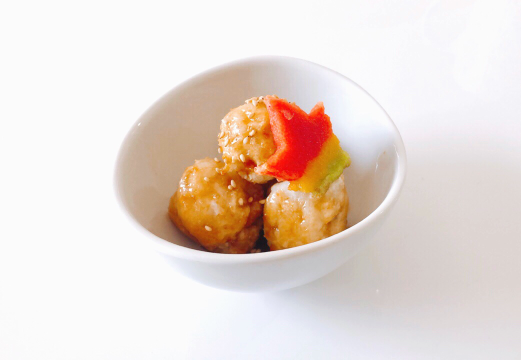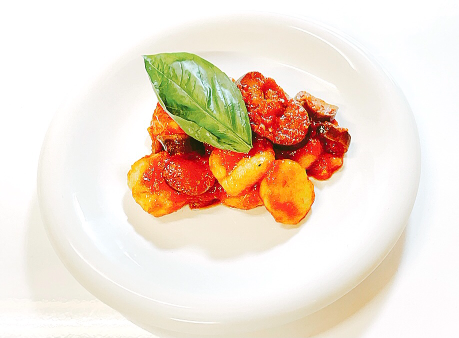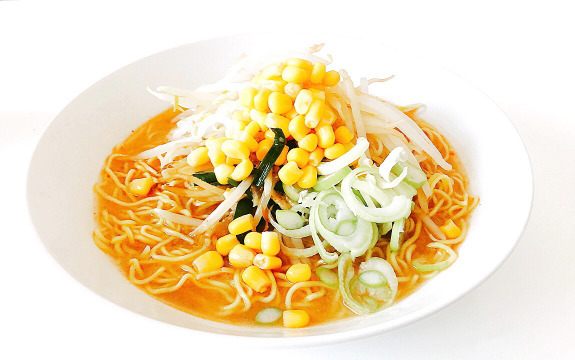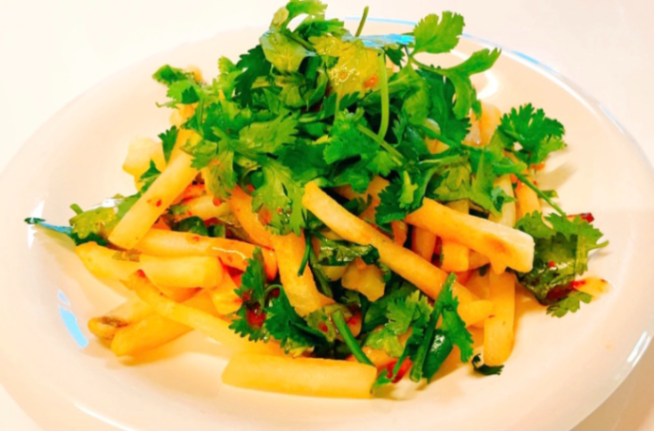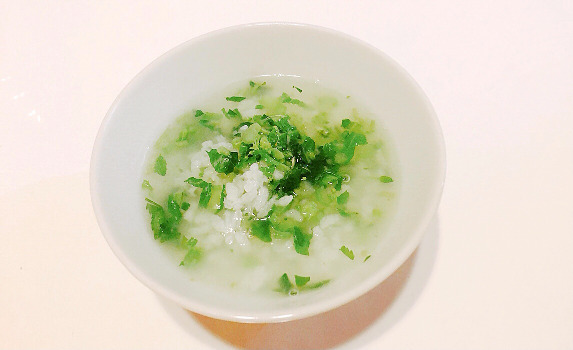
Difficult for even Japanese to make delicious? Rice porridge

In Japan, rice porridge (called Okayu in japanese)is eaten when you get cold or when your stomach feels upset. Besides, on January 7th, it is called Nanakusa-gayu, and it is customary to eat porridge with seven hearbs. This is to prepare the stomach that you had too much during the New Year holidays. This is a custom that has been around for a long time, and is now regarded as having a different meaning from that time.
ECO point
Rice water can be reused for simmered dishes. If you use it to prepare (Boil using rice water) the vegetable like radish, taro, and burdock, you can get rid of skim! It has a cleansing effect, so people with weak skin can wash your face with rice water. Because it is nutritious, it can be used for watering plants. In some parts of China, People wash thier hair with rice water, and it’s famous for many people with shiny black hair!
This time I will introduce a recipe for Nanakusa-gayu, but even if you don’t have seven herbs, you can have it just rice or with pickled plums,Japanese pickles, etc.
The seven herbs are as follows. The herbs have the lucky charm meanings after the name. I will introduce it at the end.
Seri, Nazuna- Gogyo, Hakobera,Hotokenoza, Suzuna, Suzushiro(Daikon radish leaves)
Ingredients
- Seven herbs as needed (It doesn’t matter if you don’t get seven. Daikon radish leaves are easy to get in Japan.)
- Uncooked rice 1/2 cup
- Water 1ℓ
- A pinch of salt
How to make
- Wash the rice.
- Put rice and water in a pot and cook until fluffy. Do not bring to a boil.
- When it’s fluffy, stir the rice once so that the rice doesn’t stick to each other.
- Put the lid on, but at this time, make sure that the lid is slightly displaced.
- Reduce the heat to low and keep it fluffy without boiling.
- Keep this state for 40 minutes.
- In the meantime, cut the seven herbs into small pieces.
- After 40 minutes, add the seven herbs, add salt and it’s done.
Point
The trick is to keep it fluffy without boiling.
★The herbs have the lucky charm meanings★
- Seri(Water dropwort) → Compete and win
- Nazuna (Shepherd’s purse) → wipe and remove the dirt
- Gogyo (Cudweed) → Buddha’s body
- Hakobera (Chickweed) → Spread the prosperity
- Hotokenoza (Henbit) → Buddha’s seat
- Suzuna (Tunip) → Bell for calling god
- Suzushiro (Daikon raddish leaves) → Pure white
